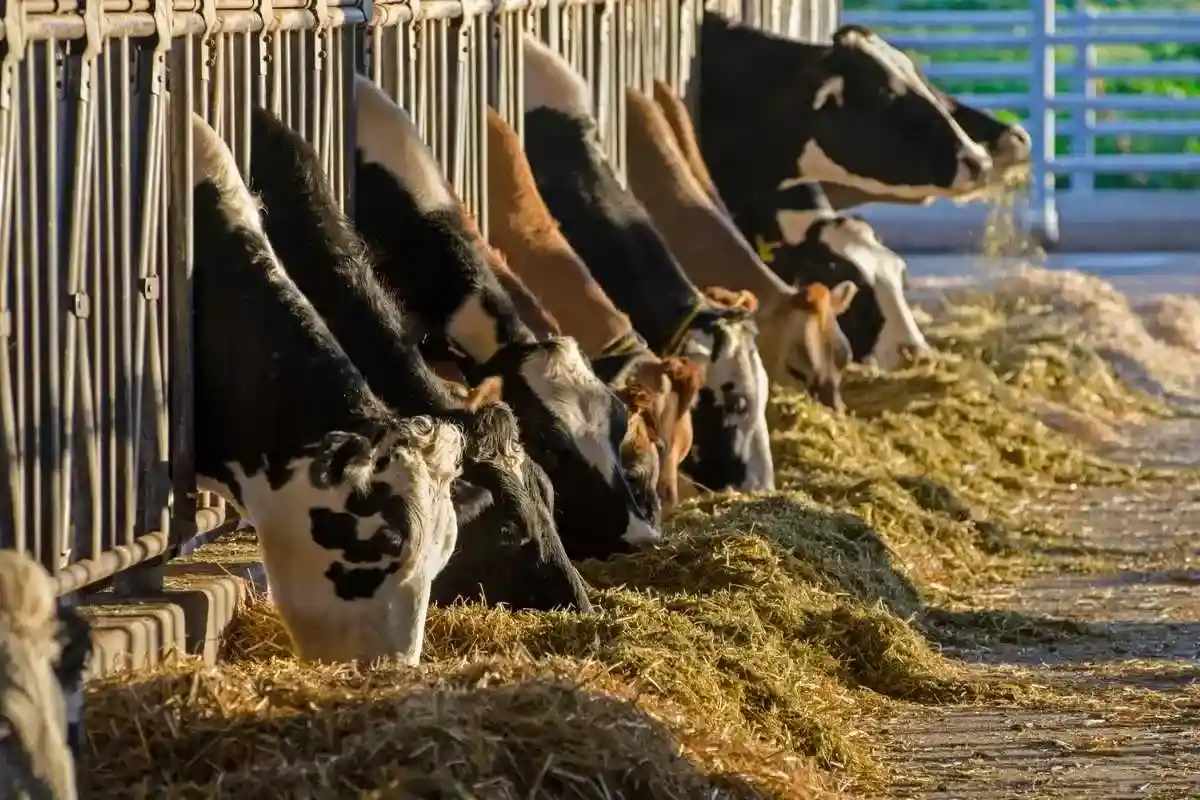
Our global food system plays a major role in contributing to greenhouse gas emissions and shaping the health of our planet. From raising livestock to growing crops, every stage of food production releases gases such as carbon dioxide, methane, and nitrous oxide into the atmosphere. Meat production in particular has a much larger carbon footprint than plant-based foods because it requires significant amounts of land, water, and animal feed. Understanding how our diets influence the environment is an important first step in reducing emissions and creating a more sustainable food future.
Transportation and packaging also have a major impact on the food system’s carbon footprint. Moving food long distances by air, ship, or truck requires large amounts of energy, while single-use packaging materials like plastic add to waste and pollution. Supporting local and seasonal foods, cutting down on unnecessary packaging, and choosing reusable or compostable materials are all practical ways to reduce these emissions and waste.
Making dietary changes can also make a meaningful difference. Shifting toward plant-based meals or reducing meat consumption helps conserve water and land while lowering emissions. Education, community initiatives, and government incentives can encourage people to adopt sustainable eating habits. Food producers and retailers also have a key role in offering affordable, eco-friendly options that make it easier for consumers to make greener choices.
How does meat production compare to plant-based diets in terms of greenhouse gas emissions? What are the environmental impacts of food waste, and how can it be reduced? How can individuals make more sustainable food choices, and what challenges might they encounter? What can governments, businesses, and communities do to build a more sustainable food system that benefits both people and the planet?
Use the online submission form when sending your articles to help us track all of your submissions. Please try to write about the above topic. Your response should be at least 1,000 words.
To receive credit, your effort is what matters. You should find ways to contribute thoughtful ideas that will help others. Feel free to use personal stories or other information that you want to share, but do not use real names or other identifying information. You may write your response in the space provided or upload your response. Once we review your response, you will receive credit.
Click the button below to submit your article and get your credit.